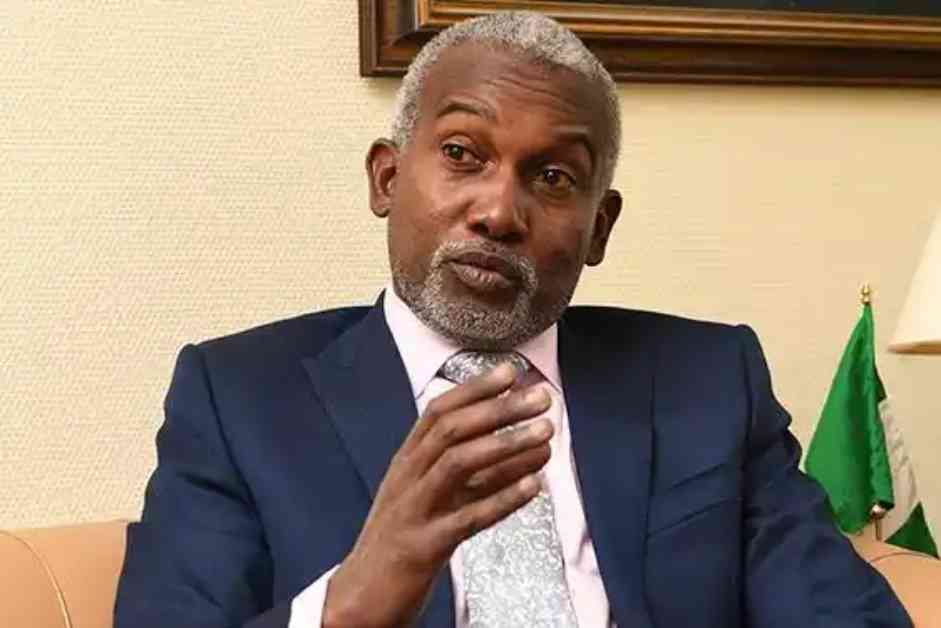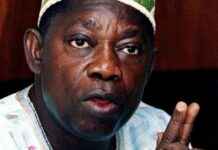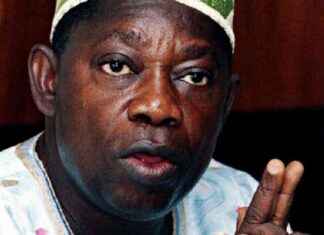Yusuf Maitama Tuggar: A Different Kind of Leader
Yusuf Maitama Tuggar is a political figure who doesn’t quite fit the mold. He challenges the system, redraws boundaries, and asks us to rethink what leadership should be about. His story begins in the dry plains of Bauchi State in northern Nigeria and takes him to the embassies of Berlin and global climate summits. Tuggar is more than just a list of accomplishments; he is a symbol of the kind of leadership needed in the 21st century.
Who is Yusuf Tuggar and why does he matter? Well, he’s a man of many identities—businessman, legislator, diplomat—but at his core, he is a reformer. Born into a political family but shaped by the private sector, Tuggar didn’t join the government to climb the career ladder. Instead, he saw problems in Nigeria’s economy and decided to do something about it. Before entering politics, he ran an energy consultancy, dealing with oil executives and regulators. He witnessed firsthand how inefficiency was crippling the economy and how policy failures were affecting real people’s lives.
What Tuggar did next set him apart from other politicians of his time. When he became a member of Nigeria’s House of Representatives in 2007, he brought his private-sector urgency with him. He took on the unglamorous task of public procurement reform, demanding merit in a system plagued by political patronage. He established the National Council on Public Procurement, an institution designed to outlast any single administration. Tuggar understood that good governance isn’t just about slogans; it’s about building strong systems.
But Tuggar didn’t stop there. In 2017, he became Nigeria’s Ambassador to Germany, where he continued his reformist agenda. He wasn’t content with attending fancy events; he fought for the return of the Benin Bronzes, precious artifacts looted during colonialism. Through his negotiations, he succeeded in bringing back 22 of these priceless pieces, reclaiming history on behalf of his country and continent.
Tuggar’s career exemplifies a unique blend of global and local leadership. He’s equally comfortable discussing foreign affairs with ministers as he is engaging with traders in Bauchi. And it’s in Bauchi, his home state, where Tuggar faces his biggest challenge and opportunity. The state, rich in history and human capital, struggles with poor infrastructure, high youth unemployment, and governance issues. Bauchi represents the complexities of modern development, with over two-thirds of its population living in poverty and young people migrating in search of better opportunities.
Tuggar doesn’t just talk about these problems; he has lived them. He pushed for a Local Content Bill in parliament to increase Nigerian participation in the oil sector. As a columnist and commentator, he criticized policy failures when others stayed silent. Today, as a foreign minister under President Bola Ahmed Tinubu’s leadership, he is helping Nigeria navigate its global relationships while standing up for African interests.
So, what’s next for Tuggar? There’s speculation that he may return to Bauchi to run for governor. His track record of competence, credibility, and global experience positions him as a strong candidate for the role. Bauchi, like many parts of the world, is asking whether good governance can truly work at the state level. Tuggar has shown that it can. He knows how to build institutions, attract investment, and address the needs of his people.
In a time of rapid development at the national level, Bauchi is seeking a leader who can deliver tangible results. Tuggar’s quiet, steady style of leadership offers a stark contrast to the noise of the current administration. His focus on competence, integrity, and dignity resonates with a population tired of empty promises. Maybe, just maybe, Tuggar is the leader Bauchi has been waiting for all along.















